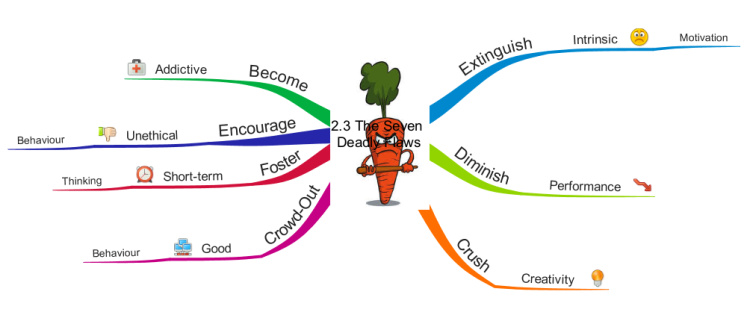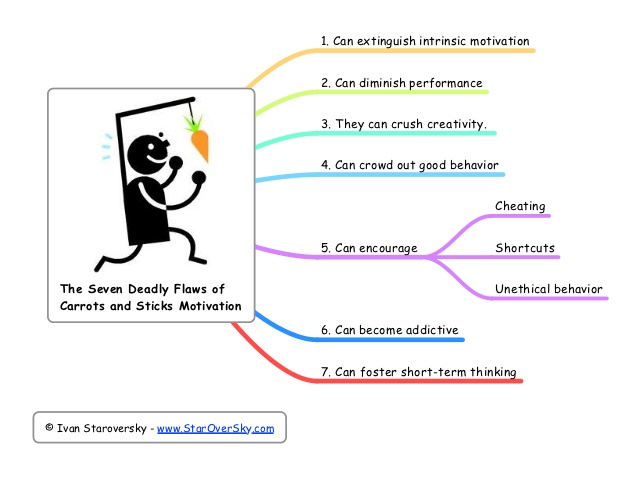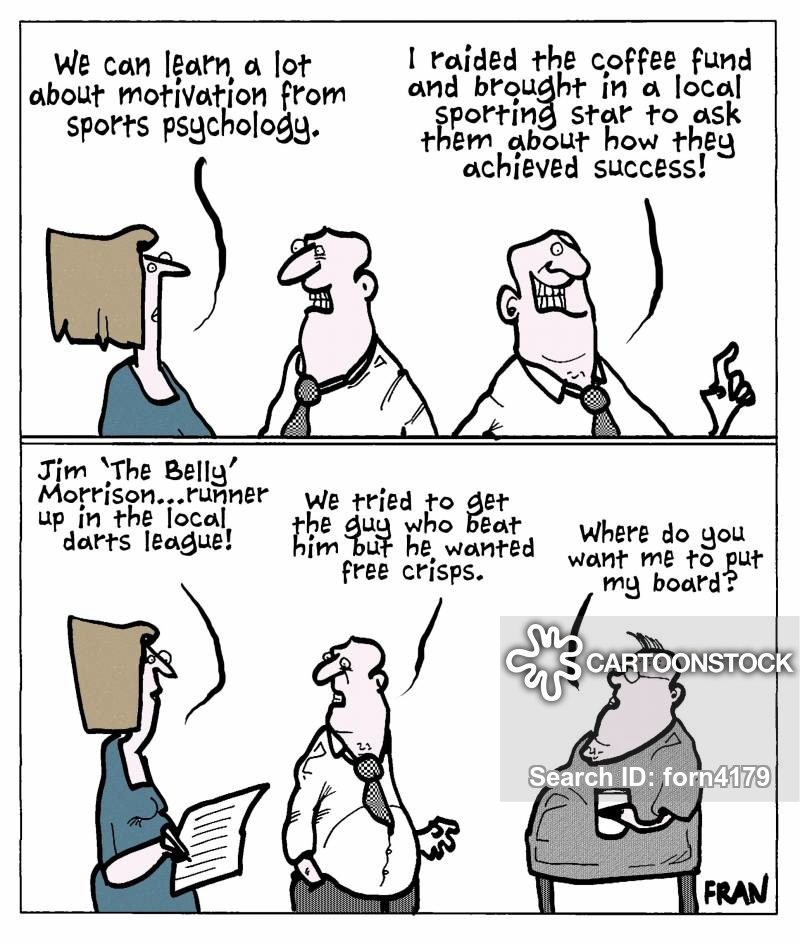Leadership
Organizations succeed and fail by the quality of their management and leadership. It is a failing of management that many leaders are unable or unwilling to make the tough decisions to ensure the continued success of their company. There are thousands of books written on management and leadership and while the principal of Burns Bridge has read many, he believes that the science of managing people and leadership is a somewhat mature process.
The traits of a good leader:
- Ask questions
- Listen and respond
- Be emphathetic
- Be specific
- Set goals and objectives
- Followup
Source: John McGuire (retired labour relations professor) circa 1986
The first three traits above are crucial to success in a managerial position. The last three are not critical to success but improve a leader's effectiveness.
Leadership enthusiasts should also read the following titles:
Education: It is a failure of the majority of technical schools to prepare their graduates for the real world where the technical part of the job is easy and the real challenges are more often people related. In the  Myer Briggs system there are sixteen different personality types. However the MB framework excludes marginal personality types such as borderline personalities, manias, psychopaths and sociopaths to name just a few. Such personalities can beset an organization with extreme challenges making good teamwork communications and a positive work environment all but impossible. For additional reading the following title is recommended:
Myer Briggs system there are sixteen different personality types. However the MB framework excludes marginal personality types such as borderline personalities, manias, psychopaths and sociopaths to name just a few. Such personalities can beset an organization with extreme challenges making good teamwork communications and a positive work environment all but impossible. For additional reading the following title is recommended:  Type Talk.
Type Talk.
 Myer Briggs system there are sixteen different personality types. However the MB framework excludes marginal personality types such as borderline personalities, manias, psychopaths and sociopaths to name just a few. Such personalities can beset an organization with extreme challenges making good teamwork communications and a positive work environment all but impossible. For additional reading the following title is recommended:
Myer Briggs system there are sixteen different personality types. However the MB framework excludes marginal personality types such as borderline personalities, manias, psychopaths and sociopaths to name just a few. Such personalities can beset an organization with extreme challenges making good teamwork communications and a positive work environment all but impossible. For additional reading the following title is recommended:  Type Talk.
Type Talk.Burns Bridge was fortunate to receive approximately six years of industrial and employee relations training at an industrial firm during the 1980's. Further, Burns Bridge having read several books on team working, and having raced on sailing keel boats on the Great Lakes for decades has acquired a strong set of team working skills.
Burns Bridge has experience working with at least seven industrial unions and has concluded there are few differences from union local to union local. Many international unions are now quite progressive to the point where they may be ahead (more progressive) of company leadership. However the problem is at the local level where a shop may be dominated by ideologues with entrenched dinosaur or dysfunctional approaches to labour relations. No amount of cajoling from the union head office will ever get the local to change their minds. Unfortunately only after a plant closes and at least six months have transpired, do these individuals realize the error of their ways. In such cases, it is incumbent on site leadership to be strong willed to make the tough decisions, to ensure success.
Labor Relations: Unions are very good at training and conditioning their stewards to act as representatives for the rank and file employees. However it is a tragic failure of management that line supervisors and their managers often receive none or very little training on employee and industrial relations. This gives the edge to the union in the relationship.
To avoid a union it is critical to do the following:
- Treat employees with a high level of respect and equity.
- Pay employees with a high level of equity (this includes the distribution of overtime).
- Promote and demote employees with a high level of equity (as much as possible respect seniority)
Leadership Traits: The American military observed in World War II that some soldiers were much better than others at leading. Accordingly they set out to identify the basic traits of a natural leader. Their approach to leadership is now highly disciplined where they test each batch of new recruits to identify the individuals (male or female) with natural (innate) leadership skills. After basic training, these individuals are steered with their agreement into formal leadership training.
Individuals with natural leadership skills will find leadership roles to be low stress. Whereas individuals without natural leadership skills will find such roles to be highly stressful resulting in much lost sleep. Accordingly, it is critical to assess an employee's innate leadership ability before consideration for promotion.
While an individual may have natural leadership ability, such individuals require formal training on the mechanics and science of leadership of which motivational psychology is a big part. To this end Burns Bridge recommends the reading of  B F Skinner's book,
B F Skinner's book,  "Beyond Freedom and Dignity". There are also many courses that a budding leader may be sent to, in which an individual may obtain a crash course on the subject of leadership and in particular dealing with the dreaded difficult employee (e.g.
"Beyond Freedom and Dignity". There are also many courses that a budding leader may be sent to, in which an individual may obtain a crash course on the subject of leadership and in particular dealing with the dreaded difficult employee (e.g.  Skillpath).
Skillpath).
 B F Skinner's book,
B F Skinner's book,  "Beyond Freedom and Dignity". There are also many courses that a budding leader may be sent to, in which an individual may obtain a crash course on the subject of leadership and in particular dealing with the dreaded difficult employee (e.g.
"Beyond Freedom and Dignity". There are also many courses that a budding leader may be sent to, in which an individual may obtain a crash course on the subject of leadership and in particular dealing with the dreaded difficult employee (e.g.  Skillpath).
Skillpath).For example the subject of  "just cause" alone is a labour relations minefield and opportunity to be embroiled in needless law suits and grievances.
"just cause" alone is a labour relations minefield and opportunity to be embroiled in needless law suits and grievances.
 "just cause" alone is a labour relations minefield and opportunity to be embroiled in needless law suits and grievances.
"just cause" alone is a labour relations minefield and opportunity to be embroiled in needless law suits and grievances.Burns Bridge believes trust and communication are key ingredients to success in any organization. Successful teams operate with a high level of trust and communications. Such relationships are highly productive. However it also takes a successful sports team often five years or more to gel and work together seamlessly to win a championship. Unfortunately in a money losing business the timeline is often less than six months to effect a turnaround that yields positive financial results. Thus the challenge today for many managers is how to achieve good teamwork and financial success in a fraction of the time of a sports team.
Burns Bridge's has extensive experience managing cross-functional, multi-cultural and multi-personality teams. Burns Bridge understands the benefits of diversity in an organization.
Burns Bridge has experience achieving significant change and good team work in less than six months.
Trust: The role of trust in the customer chain cannot be over emphasized. Burns Bridge's has had the good fortune to work with manufacturing OEM's that conduct their relationships with a very high level of trust (win win, often Asian or Japanese OEM's). In such relationships the high level of mutual trust results in quantum improvements in process and quality and corresponding drops in cost. In contrast there are many international OEM's which conduct their relationships in an acrimonious win lose blame manner with very low trust. Burns Bridge has had occasion to work within these organizations and as a supplier. In such relationships, improvements if any, are gleaned at a glacial pace.
Whether it is a supplier, customer relationship, or an employee (supplier) supervisor (customer) relationship, trust is critical to success. In modern business the supervisor no longer watches the employee but instead spends the bulk of his time planning and organizing the work of his employees. Lack of trust in this relationship would result in a major drop in efficiency.
Culture: Every work place has a unique culture associated with it. Once a culture takes root in an organization it is fiendishly difficult to change. A work place with a negative culture must first have the culture fixed before there is any hope of the workplace performing well. Changing a culture is the most difficult undertaking that a manager can undertake. Generally there is only one opportunity to fix a culture. As a result one must spend a great deal of time planning how to accomplish this task; otherwise the manager may accomplish the opposite outcome.
Three Letter Acronyms (panaceas): Over the past 40 years Burns Bridge has made note of many proffered management panaceas, usually phrased as catchy three letter acronyms. Many of these have failed to deliver the hinted miracle results with the result that employees have become very jaded when presented with a new TLA. Burns Bridge does not want to dismiss any of these TLA's out of hand and instead, views each one as contributing a little to the science of good manufacturing management and organizational success. Burns Bridge believes firmly that hard work, team work, and good communications, and perhaps a little luck, are key to success
Burns Bridge's does not pretend to be a management guru with magic answers to an organization's people problems. However Burns Bridge can assist you with your problems.
0



